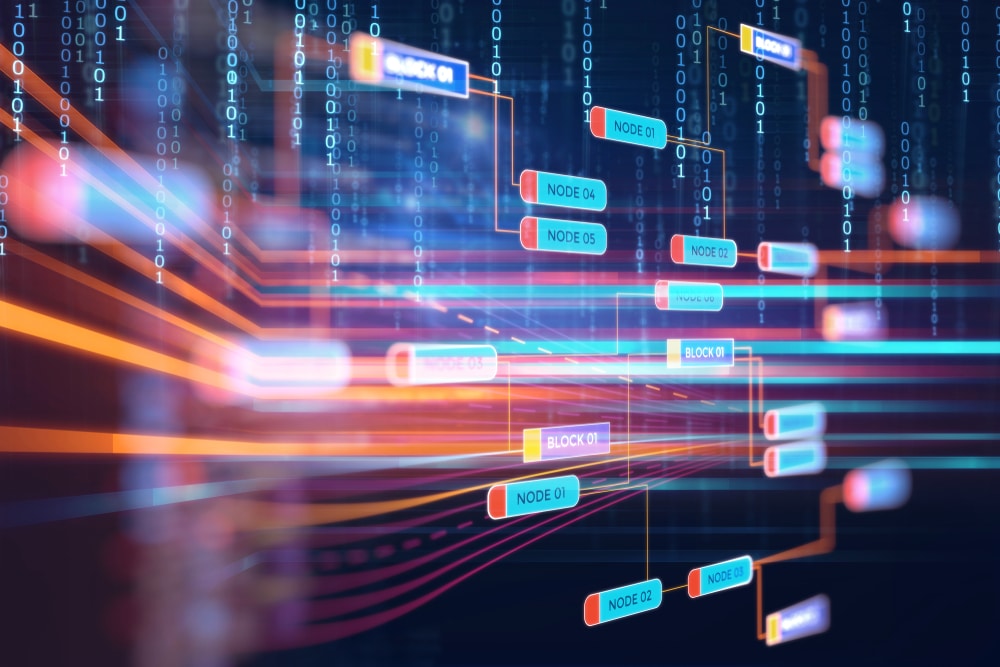
Safeguarding Web3: the crucial role of CRMs in security and trust
2023-06-29 by
Hugues Marty
The rise of Web3, the decentralized web, has brought forth a new era of possibilities and disruptive technologies. As Web3 continues to gain momentum, it is essential to address the security challenges that accompany this decentralized paradigm. In this article, we will explore in detail the critical role of Customer Relationship Management (CRM) systems in enhancing security and fostering trust within the Web3 framework. By harnessing advanced encryption, decentralized identity management, and smart contract security, CRMs can fortify the security posture of Web3 applications, safeguard user data, and promote the widespread adoption of decentralized technologies.
The security landscape of Web3
The decentralized nature of Web3 introduces unique security challenges that necessitate robust solutions. Let’s delve into some of the key security concerns:
- Data privacy and protection: Web3 applications handle sensitive user data and transactions, making data privacy and protection paramount. Preserving privacy in a decentralized environment where information is shared across multiple nodes presents significant challenges.
- Smart contract vulnerabilities: Smart contracts are the backbone of Web3 applications, providing automation and trust in decentralized transactions. However, vulnerabilities within smart contracts can lead to severe financial loss or exploitation. It is crucial to identify and mitigate risks such as reentrancy attacks, front-running, or denial of service.
- Identity management: Establishing secure identity frameworks in Web3 is crucial for verifying and authenticating users while preventing impersonation and identity theft. The challenge lies in developing decentralized identity management systems that eliminate reliance on centralized authorities.
Harnessing CRMs for enhanced Web3 security
Customer Relationship Management (CRM) systems, traditionally associated with business operations, can play a pivotal role in bolstering security measures within the Web3 ecosystem. Let’s explore how CRMs contribute to enhancing Web3 security:
- Data encryption and privacy: CRMs can leverage advanced encryption techniques, such as symmetric and asymmetric encryption, to protect sensitive user data stored on decentralized networks. By implementing robust encryption algorithms like AES-256, CRMs ensure privacy and confidentiality even when data is shared among multiple nodes.
- Auditing and compliance: Integrating audit trails and compliance frameworks into CRMs allows for effective monitoring and tracking of transactions, ensuring transparency within decentralized networks. Blockchain-based protocols like Ethereum can be leveraged to record and verify transactions, facilitating regulatory compliance.
- Smart contract security: CRMs equipped with smart contract auditing capabilities can analyze and identify vulnerabilities within smart contract code. By utilizing techniques like static code analysis, CRMs can proactively detect and mitigate risks associated with potential exploits, enhancing the overall security of Web3 applications.
- Decentralized identity management: CRMs can integrate decentralized identity frameworks, such as Self-Sovereign Identity (SSI) or decentralized identifiers (DIDs), to establish secure identity verification and authentication in Web3. By leveraging cryptographic protocols and distributed ledger technologies, CRMs provide a trust layer, mitigating risks associated with identity theft or fraud.
Real-world use cases
Let’s explore real-world use cases that exemplify the significance of CRMs in enhancing security within Web3:
- Decentralized finance (DeFi): CRMs integrated with DeFi platforms offer enhanced security measures for users. Multi-factor authentication, transaction monitoring, and secure storage of private keys are critical features facilitated by CRMs. Advanced anomaly detection algorithms can identify suspicious activities, mitigating the risk of fraudulent transactions.
- Supply chain management: CRMs play a pivotal role in securing supply chain transactions within Web3. By leveraging blockchain technology, CRMs enable the creation of an immutable record of goods and their movement. Integration of smart contracts into the CRM system automates compliance enforcement, reducing the risk of counterfeit or tampered products.
Looking ahead
As the Web3 ecosystem expands and matures, addressing security concerns becomes imperative. CRMs offer a comprehensive and integrated approach to enhance security within Web3 applications. By leveraging encryption, auditing, smart contract analysis, and decentralized identity management, CRMs provide the foundation for resilient and trusted decentralized networks. The synergy between CRMs and Web3 technologies is pivotal in unlocking the full potential of Web3, promoting user confidence, and driving the widespread adoption of decentralized technologies.
Through continuous innovation and collaboration, the integration of CRMs will continue to evolve, ensuring the integrity of Web3 systems and establishing a secure and trustworthy decentralized future.